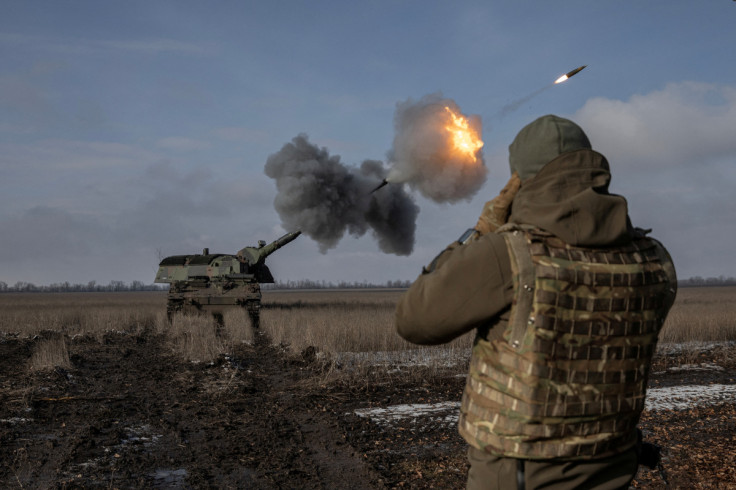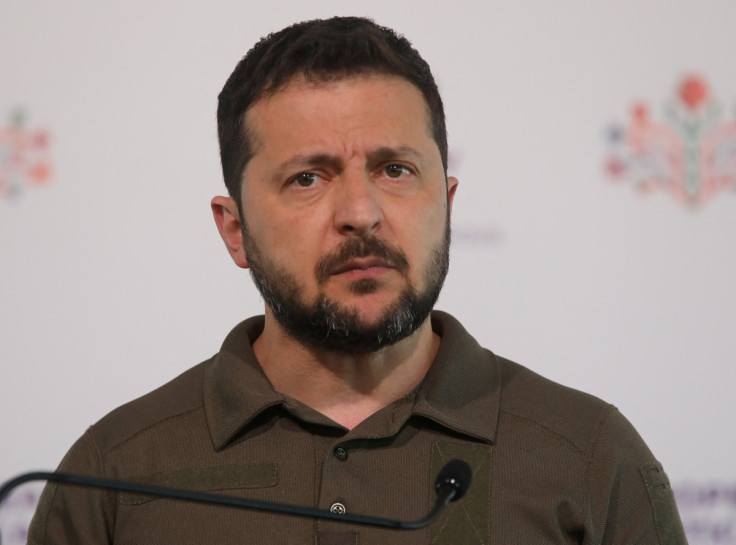
Money has become an incentive for many across Latin America to join the ranks of Moscow and Kyiv in the Russia-Ukraine war. While many Colombian veterans have sided with Ukraine, the Wall Street Journal now has chronicled the stories of several Cubans who have ended up on the other side of the line.
The outlet reported that between 400 and 3,000 Cubans are believed to be fighting with Russia. Most of them have been lured by the salaries: they can get paid $2,000 a month, a staggering amount if compared to the average Cuban salary of $20.
They are one of the largest groups in Moscow's army, along with Serbians, Nepalese and Syrians who have also made their way to the front line. As Cuba's economy implodes, the exodus surges: nearly five percent of the island's population that has fled to the United States in the past two years, the biggest wave of emigration since Fidel Castro's revolution.
The communist island is in the grips of its worst economic crisis in decades, with sky-high inflation and shortages of fuel, medicine and basic foodstuffs -- and US sanctions -- aggravating an already dire situation.
The situation has made it easy for recruiters to lure Cubans to the army and could also help Vladimir Putin at home, as he faces resistance to his continued drafting of Russian population. In fact, the president signed a decree in January allowing foreigners who serve in the military for a year to obtain Russian citizenship for themselves, children and parents.
Ukrainians have also tried to lure Cubans, but the country's authorities, historically closer to Moscow, have cracked down on them. The government said in September that it dismantled a recruitment ring and that those detained could face up to 30 years in prison or even be sentenced to death.
They have been more successful in Colombia, where hardened professionals, experienced from years of combats against the country's guerrillas and drug cartels, have become volunteers and joined the ranks after Volodymyr Zelenskiy's call.

Ukraine is expanding its system allowing foreigners to join the army as the combats continue, and, same as the Cubans, Colombians have been drawn partly by higher wages than what they could make after leaving the army.
A report by The Associated Press explains that Colombia has Latin America's second-largest army after Brazil, with a quarter million members. And many of the 10,000 who retire each year are heading to Ukraine, where they "make four times as much as experienced non-commissioned officers earn in Colombia, or even more."
Corporals in Colombia get a basic salary of $400 a month, little over the minimum wage, $330. In Ukraine, any member of the armed forces earns a monthly salary of $3,300 depending on rank and type of service. They also get almost $30,000 if they get injured and their families get $400,000 in compensation if they get killed in action.
Meanwhile, the fighting continues. Ukraine said Friday there was fierce fighting in the beleaguered frontline city of Avdiivka that has become a main Russian target ahead of the second anniversary of its invasion.
As President Volodymyr Zelensky headed for Berlin and Paris in a new bid to secure desperately needed military aid, Ukrainian generals said there was bitter fighting inside Avdiivka and that their forces were taking up "new positions".
Zelensky said before leaving that his government would do "everything" to save lives in the symbolic city, surrounded on three sides by Russian forces.
Russia has been trying to capture Avdiivka for months. Its fall would be a significant symbolic victory for Russia ahead of the February 24 anniversary of the start of the invasion.
© 2025 Latin Times. All rights reserved. Do not reproduce without permission.




